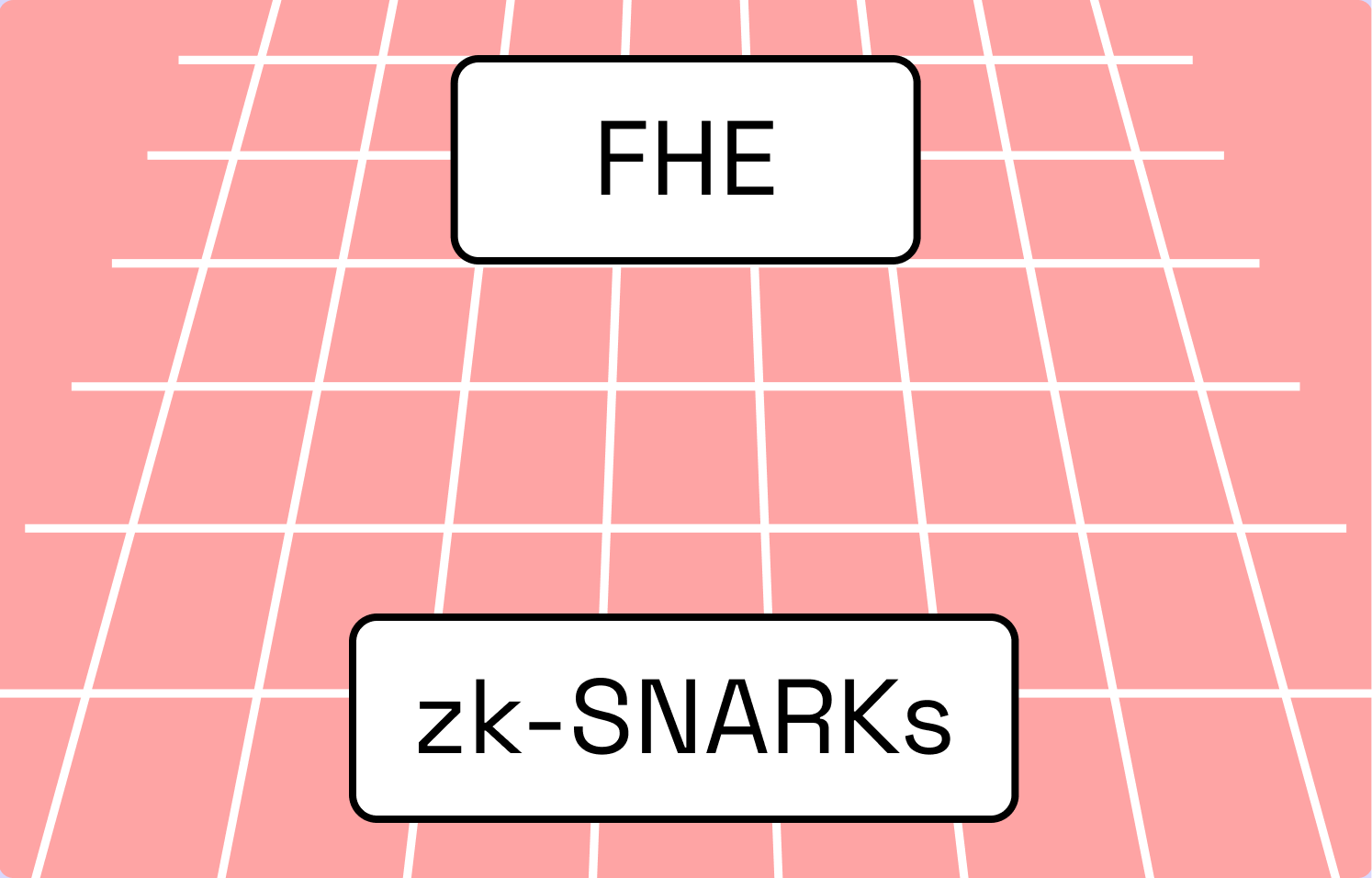The Future of Stablecoins: Privacy through Fully Homomorphic Encryption
In this article, we’ll explore what confidential stablecoins are, why privacy is crucial in this space, and how FHE can address the privacy challenges of blockchain-based financial systems.


Stablecoins have become a cornerstone of the cryptocurrency ecosystem, offering the stability of fiat currencies combined with the efficiency and accessibility of blockchain technology. However, despite their growing popularity, most stablecoins have a significant flaw: a lack of privacy. Every transaction, balance, and interaction is exposed on the public blockchain, creating vulnerabilities for users and businesses. As the demand for secure and private financial systems increases, confidential stablecoins, powered by Fully Homomorphic Encryption (FHE), are set to redefine the future of digital finance.
In this article, we’ll explore what confidential stablecoins are, why privacy is crucial in this space, and how FHE can address the privacy challenges of blockchain-based financial systems.
What Are Stablecoins?
Stablecoins are cryptocurrencies designed to maintain a stable value, often pegged to a fiat currency like the US dollar (e.g., USDC, USDT). They serve several functions:
- Trading: Providing liquidity and stability in volatile crypto markets.
- Payments: Enabling fast, low-cost transactions across borders.
- Store of Value: Offering protection against cryptocurrency volatility while retaining blockchain benefits.
However, most stablecoins operate on public blockchains, making every transaction transparent and traceable. This transparency, while useful for auditability, comes at the cost of privacy, exposing users’ financial data to the world.
The Privacy Problem in Stablecoins
The public ledger of blockchain is a double-edged sword. On one hand, it ensures trust and immutability; on the other, it creates a permanent, public record of every transaction. For stablecoins, this means:
- Exposed Transaction Details: Anyone can see who sent what, to whom, and how much.
- Vulnerable Financial Data: Businesses risk leaking competitive information (e.g., payment volumes), while individuals face privacy risks (e.g., targeted attacks).
Existing privacy solutions, like mixers or privacy coins, either lack full DeFi integration or face regulatory hurdles. This is where confidential stablecoins come in, offering a new way to protect financial data without sacrificing functionality.
Fully Homomorphic Encryption (FHE) to the Rescue
Fully Homomorphic Encryption (FHE) is a groundbreaking cryptographic technique that allows computations to be performed on encrypted data without needing to decrypt it. The result, once decrypted, is identical to what would have been obtained by working on the original data.
In simple terms: Imagine locking your financial data in a safe. With FHE, you can still perform transactions, swaps, or analytics on that data without ever opening the safe. Only you hold the key to see the results.
For stablecoins, FHE enables:
- Private Transactions: Encrypt sender, receiver, and amount details while still verifying them on-chain.
- Confidential Smart Contracts: Execute agreements (e.g., loans or swaps) without exposing sensitive data.
- Secure Analytics: Analyze encrypted transaction data for insights without compromising privacy.
As Pascal Paillier, CTO of Zama, notes: "FHE is the holy grail of cryptography—it’s the missing piece that makes privacy in blockchain not only possible but practical."
Why Privacy Is Essential for Stablecoins
Privacy is not a luxury; it’s a necessity. Here’s why:
1. User Protection: Financial data is a goldmine for hackers and malicious actors. Privacy reduces the risk of targeted attacks.
2. Business Use: Companies handling payroll, supplier payments, or cross-border transactions need privacy to protect competitive information.
3. Mass Adoption: Privacy concerns are holding back mainstream blockchain adoption. Confidential stablecoins could unlock new markets, from financial institutions to individual users.
A 2024 Deloitte report reveals that 78% of financial institutions consider privacy a top priority for blockchain adoption, underscoring the demand for solutions like confidential stablecoins.
The Benefits of Confidential Stablecoins
By integrating FHE, confidential stablecoins offer several advantages over traditional stablecoins:
- Enhanced Privacy: Transaction details remain hidden, protecting users and businesses from prying eyes.
- Regulatory Compliance: Features like auditable tokens allow users to prove compliance (e.g., AML or KYC) without revealing their entire transaction history.
- DeFi Compatibility: Unlike privacy coins, which are often isolated, confidential stablecoins integrate seamlessly with existing DeFi platforms.
- Scalability: FHE’s ability to handle encrypted computations makes it suitable for everything from simple transfers to complex financial instruments.
As blockchain consultant Dr. Jane Kim notes: *"Confidential stablecoins represent the next evolution of digital currency—private, secure, and ready for the future of finance."*
Use Cases for Confidential Stablecoins
The potential applications are vast. Here are a few examples:
1. Private Payments: Individuals can send stablecoins without exposing transaction details, ideal for personal finance or remittances.
2. Confidential Lending: Borrowers and lenders can interact without revealing financial health or loan terms.
3. Secure Cross-Border Transactions: Businesses can execute large transactions privately, avoiding market disruptions or competitive leaks.
These use cases show how confidential stablecoins can transform finance for both consumers and enterprises.
Challenges and Outlook
While FHE is revolutionary, it comes with challenges. Its computational complexity remains a hurdle, requiring optimizations for everyday, large-scale use. Additionally, balancing privacy with compliance will demand ongoing dialogue between innovators and regulators. However, as Pascal Paillier, CTO of Zama, points out: *"FHE is not just a theoretical concept anymore—it’s a practical tool that’s already being integrated into blockchain systems like Zaïffer, which is pioneering confidential finance."*
In 2025, expect to see FHE-powered stablecoins move from experimental to mainstream, as platforms like Zaïffer lead the charge in making privacy a core feature of the financial ecosystem.
The Future Is Private
The next chapter of stablecoins is being written, and it’s one where privacy is no longer an afterthought. With FHE, confidential stablecoins can offer the best of both worlds: the stability and utility of traditional stablecoins, combined with the privacy and security that users and businesses demand.
As the world of finance evolves, confidential stablecoins will play a pivotal role in shaping a more secure, private, and equitable digital economy. The future is private—and it’s closer than you think.
Want to learn more about how Zaïffer is pioneering confidential stablecoins?
Visit zaiffer.org or follow us on X at @ZaifferProtocol for the latest updates.

.png)


.png)

